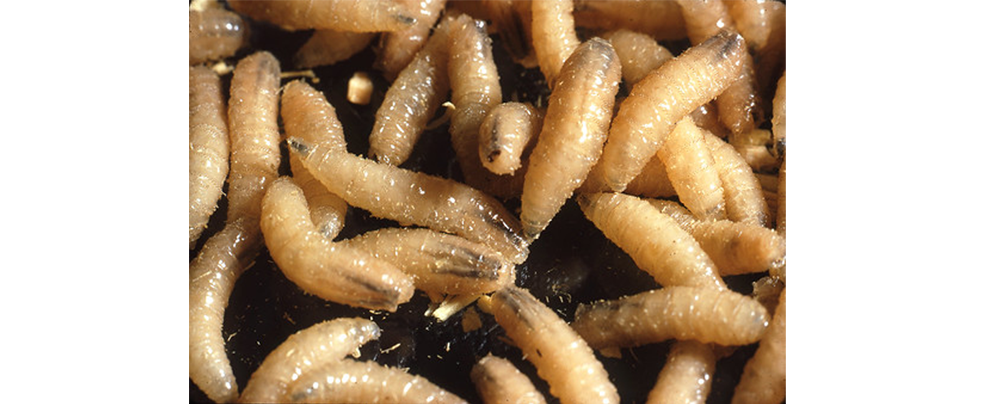by Charles Gladden
BELIZE CITY, Mon. Sept. 16, 2024
Belize has sharpened its observation of Cochliomyia hominivorax, also known as New World Screwworm (NWS), since it was detected in countries such as Panama, Costa Rica, and Nicaragua and could pose a major threat to the livestock in the rest of Central America
More recently, there have been several confirmed cases of NWS in Honduras in the municipality of El Triunfo, Choluteca, where infected cattle and horses that were being moved illegally were detained at a Movement Control Point (MCP).
NWS is a parasitic fly whose larvae feed on the living tissue of warm-blooded animals, including humans. This pest can cause severe wounds and, if left untreated, can lead to the death of affected animals.
Historically, screwworm infestations have devastated livestock populations, leading to great economic losses. Currently, Belize’s cattle industry is valued at $90 million, and it is steadily climbing
Belize became free from the NWS in 1992 and has maintained this status since then; however, with the rising cases in Central America, Belize is monitoring the situation carefully. A press release issued by the Belize Agricultural Health Authority (BAHA) noted that they are monitoring the region’s Zoosanitary situation, particularly the New World Screwworm situation in Central America.
“This highly prolific and devastating parasite has been proven to be continuously spreading through Central America due to the illegal movement of animals,” the release mentioned.
BAHA also mentioned that producers, transporters, and the public are reminded to: notify the authorities of live animals with lesions or wounds with larvae or “maggots”; carry out preventative measures by treating all animal wounds, including dehorning, navels on newborn animals, ear tagging, tail docking, castration, and branding; and not to transport animals with wounds.
BAHA calls on persons who suspect larval infestations in animals to report to the BAHA Animal Health Department offices at 302-1388 in Orange Walk, and 824-4872 in Central Farm.

